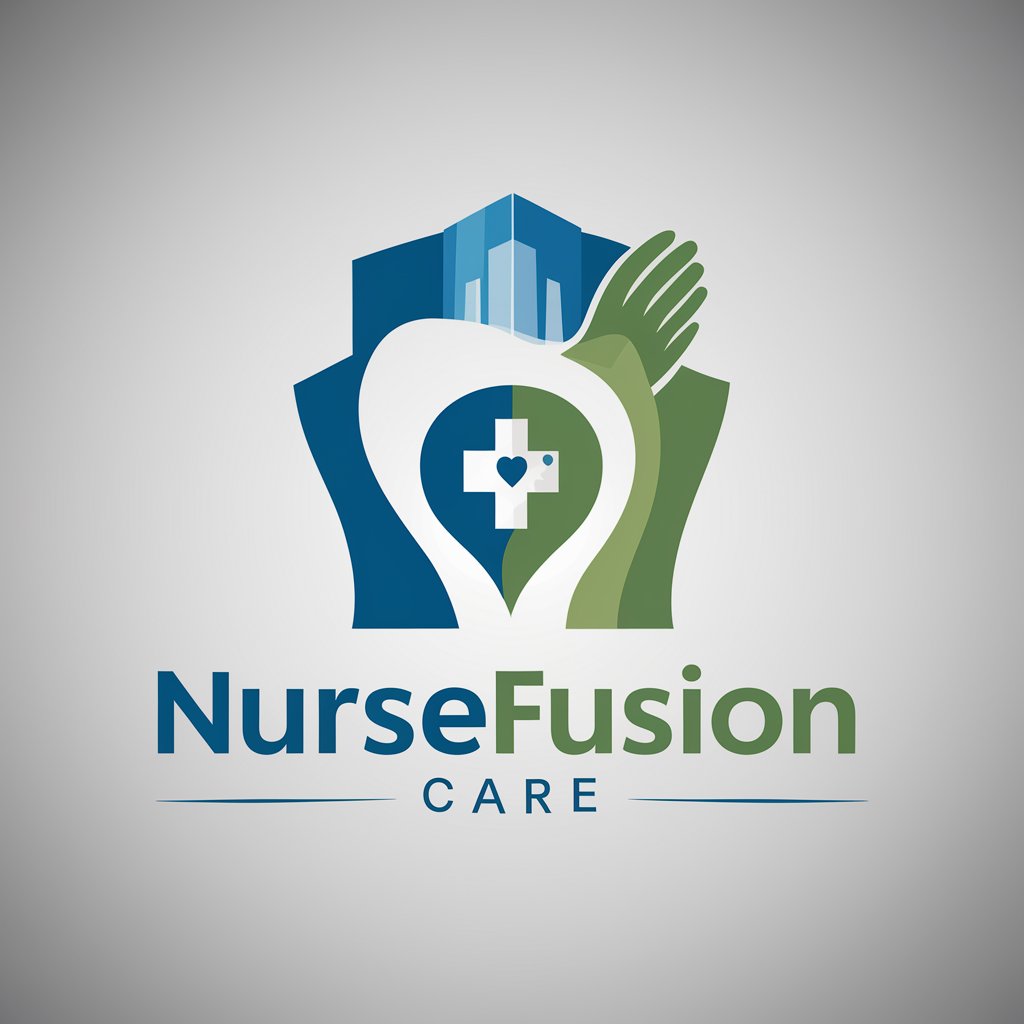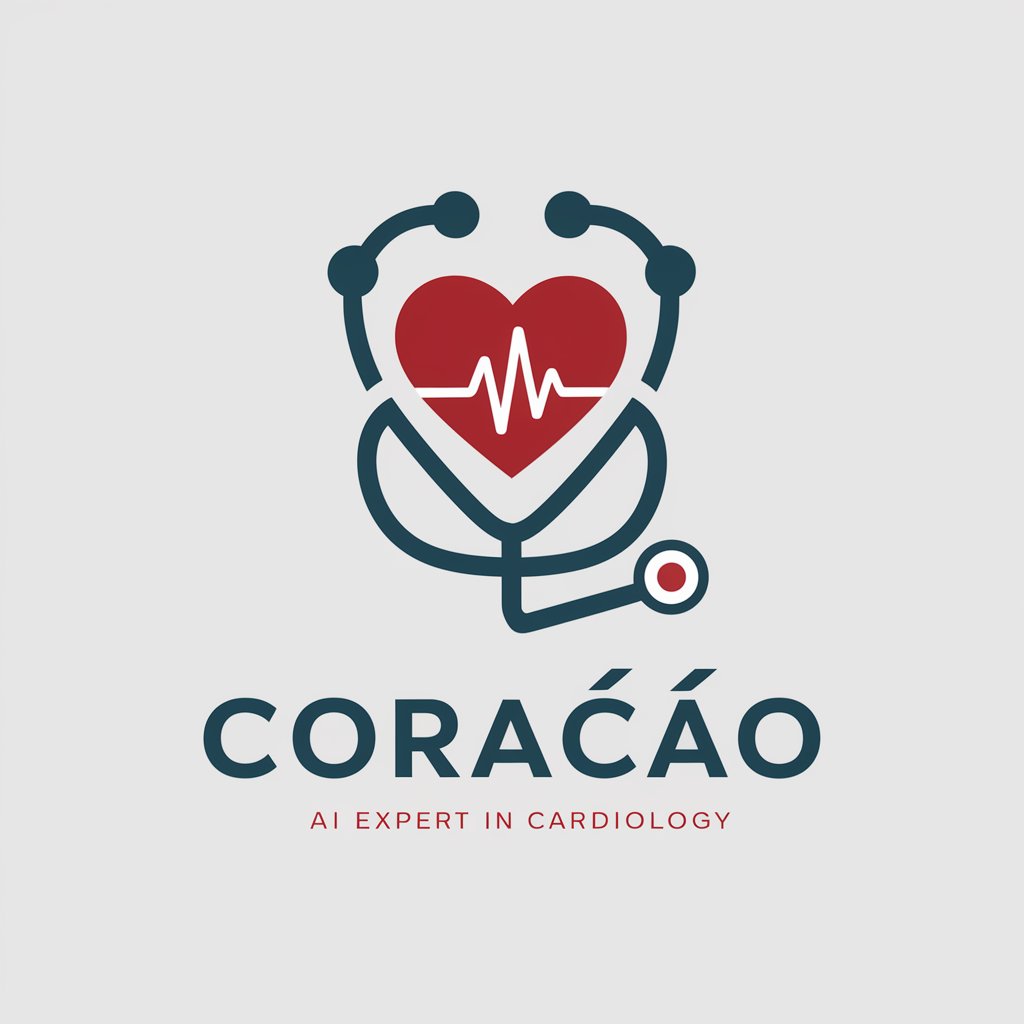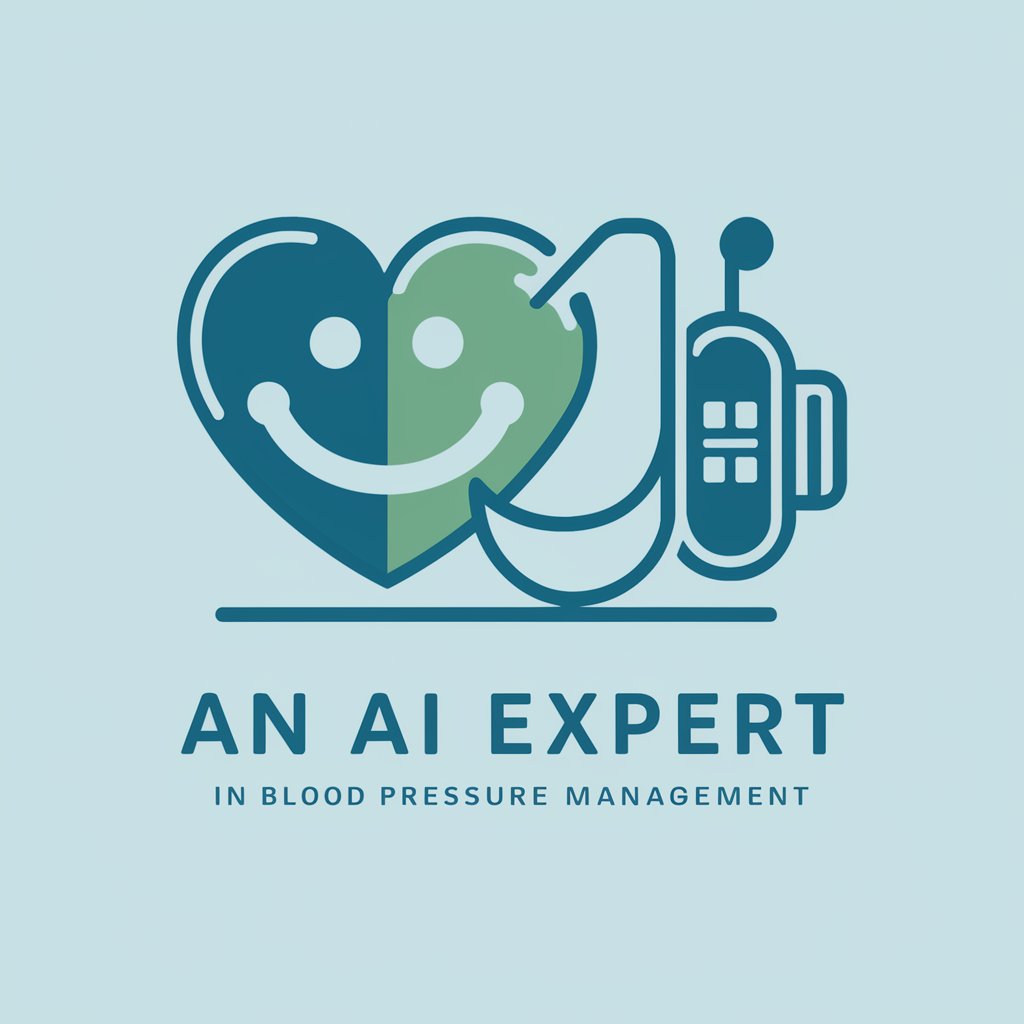4 GPTs for Medical Data Analysis Powered by AI for Free of 2026
AI GPTs (Generative Pre-trained Transformers) for Medical Data Analysis are advanced tools designed to manage and interpret vast amounts of medical data. These AI models are fine-tuned from general language models to specifically cater to tasks in the medical and healthcare sectors, such as analyzing clinical records, assisting in diagnostic processes, and providing insights into patient care. The relevance of GPTs in this field lies in their ability to offer precise, context-aware insights by leveraging natural language processing to understand and generate human-like text based on the medical data they process.
Top 4 GPTs for Medical Data Analysis are: Health Insighter,NurseFusion Care (NFC),Cardiologista Particular (Coração),How to lower blood pressure (not medical advice)
Health Insighter
Empowering Health Decisions with AI

NurseFusion Care (NFC)
Empowering healthcare with AI-driven insights.

Cardiologista Particular (Coração)
Your AI-Powered Cardiac Advisor

How to lower blood pressure (not medical advice)
Empower your heart with AI

Key Capabilities of AI GPTs in Medical Data Analysis
AI GPTs tailored for Medical Data Analysis boast unique capabilities including high adaptability, precision in handling medical terminology, and integration with existing medical data systems. From simple data entry tasks to complex predictive analyses, these tools can scale according to the healthcare organization's needs. Special features might include handling multi-language data, integrating electronic health records, and providing real-time analysis support, which are crucial for enhancing the accuracy and efficiency of medical services.
Who Benefits Most from Medical Data Analysis AI?
The primary users of AI GPTs for Medical Data Analysis include healthcare professionals, medical researchers, and health data analysts. These tools are also highly accessible to novices in the medical field, such as medical students or administrative staff, thanks to user-friendly interfaces that require minimal programming skills. Meanwhile, developers and IT professionals in healthcare can exploit advanced customization options to tailor functionalities according to specific institutional needs.
Try Our other AI GPTs tools for Free
Art Investment
Discover how AI GPTs are transforming art investment with advanced analytics, tailored insights, and user-friendly tools for informed decision-making.
Collection Appraisal
Discover the power of AI GPTs in Collection Appraisal, offering fast, accurate, and accessible tools for appraising art, antiques, and collectibles.
Match Tracking
Discover how AI GPTs for Match Tracking transform sports analytics with real-time updates, predictive insights, and strategic analysis accessible to all.
CBT Learning
Explore how AI GPTs revolutionize CBT Learning with personalized, interactive tools designed for therapists, educators, and individuals seeking mental health support.
Leasehold Advice
Discover AI-powered GPT tools for expert leasehold advice, simplifying complex property queries with tailored, up-to-date solutions for everyone.
Tenancy Laws
Discover AI-powered GPTs for Tenancy Laws, offering tailored legal guidance and support for tenants and landlords. Simplify tenancy regulations with advanced AI technology.
Further Insights into AI GPTs Customization
AI GPTs in Medical Data Analysis not only adapt to various medical contexts but also enhance user interaction through intuitive interfaces. They can be seamlessly integrated into existing workflows, increasing operational efficiency without disrupting established protocols. Their adaptability to diverse healthcare environments demonstrates their potential as pivotal tools in modern medical practices.
Frequently Asked Questions
What is AI GPT for Medical Data Analysis?
It's an AI tool specifically designed to process and analyze medical data, utilizing natural language capabilities to interpret and generate insights from large datasets.
How do AI GPTs manage medical terminology?
These tools are trained on specialized datasets to understand and use medical terms accurately, ensuring relevant and context-aware responses.
Can non-technical staff use these AI GPTs effectively?
Yes, they are designed with interfaces that are easy to use, requiring minimal to no coding skills, making them accessible to non-technical staff.
What customization options are available for AI GPTs in medical settings?
Customization can range from adjusting the AI's interface to integrating with existing hospital systems, to tailoring the AI's responses based on the specific needs of the medical institution.
Are there any privacy concerns with using AI GPTs in healthcare?
AI GPTs are developed with strong data privacy protocols to comply with healthcare regulations like HIPAA in the U.S., ensuring that all patient data is handled securely.
How can AI GPTs improve patient care?
They help streamline data analysis, provide faster and more accurate diagnoses, and personalize patient management plans, leading to better patient outcomes.
Can AI GPTs integrate with electronic health records (EHR)?
Yes, they can be integrated with EHR systems to pull relevant patient data and provide contextually relevant analyses and recommendations.
What are the training requirements for AI GPTs in medical applications?
These tools require initial setup and training, usually conducted by the provider, to ensure they operate effectively within the specific medical environment.